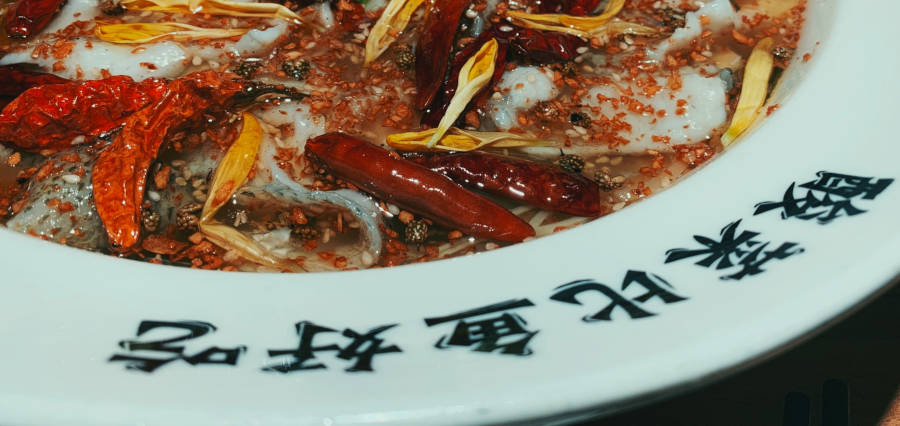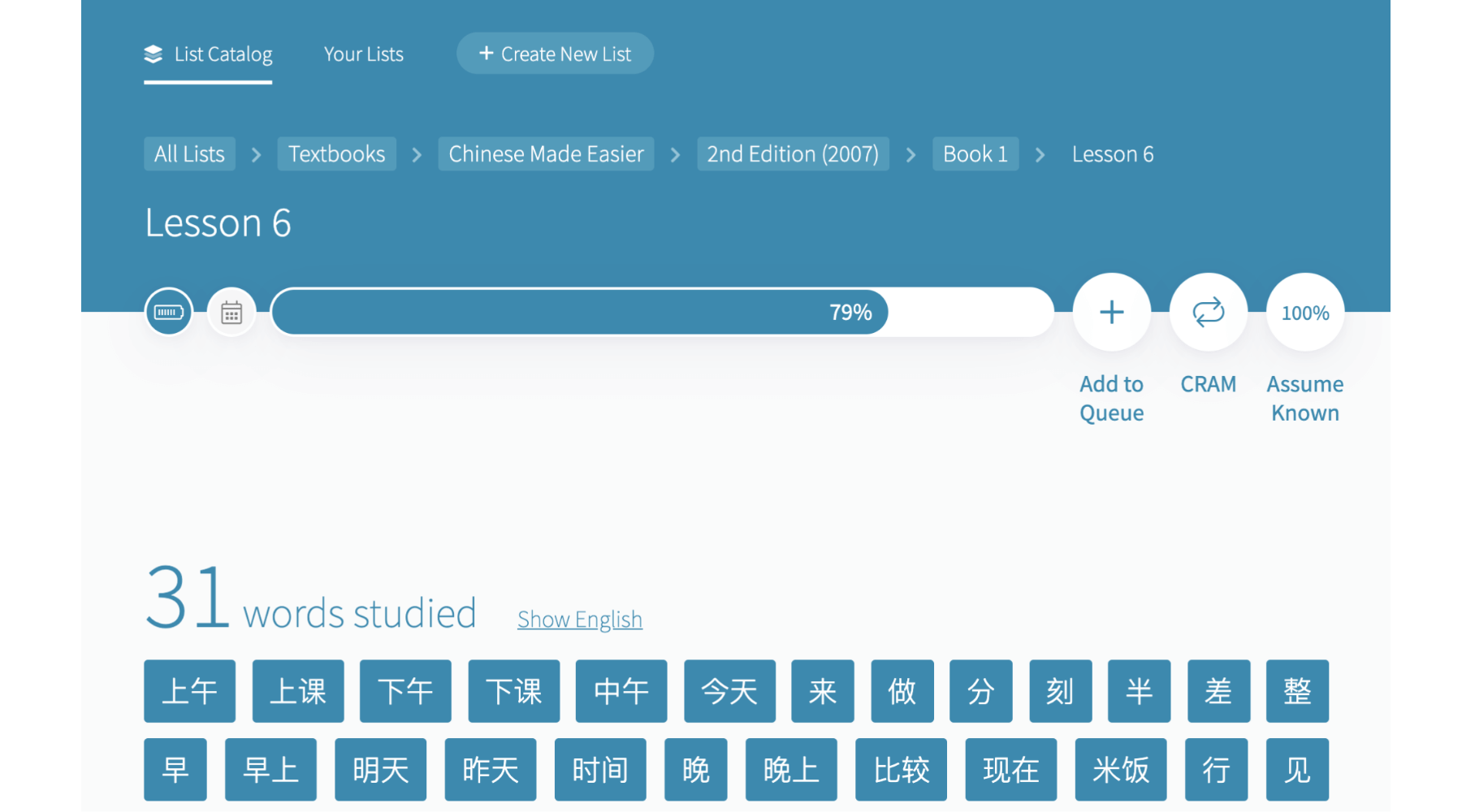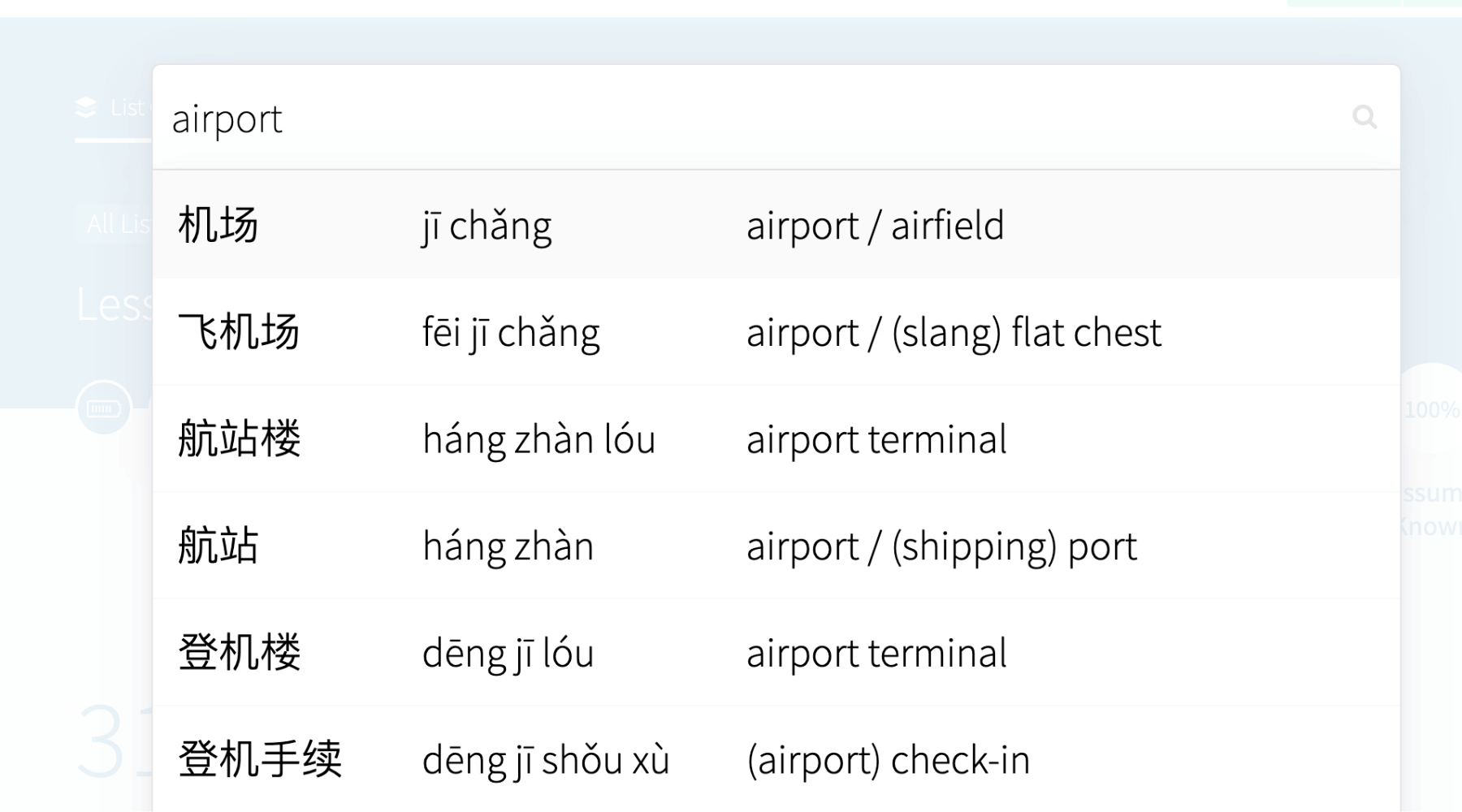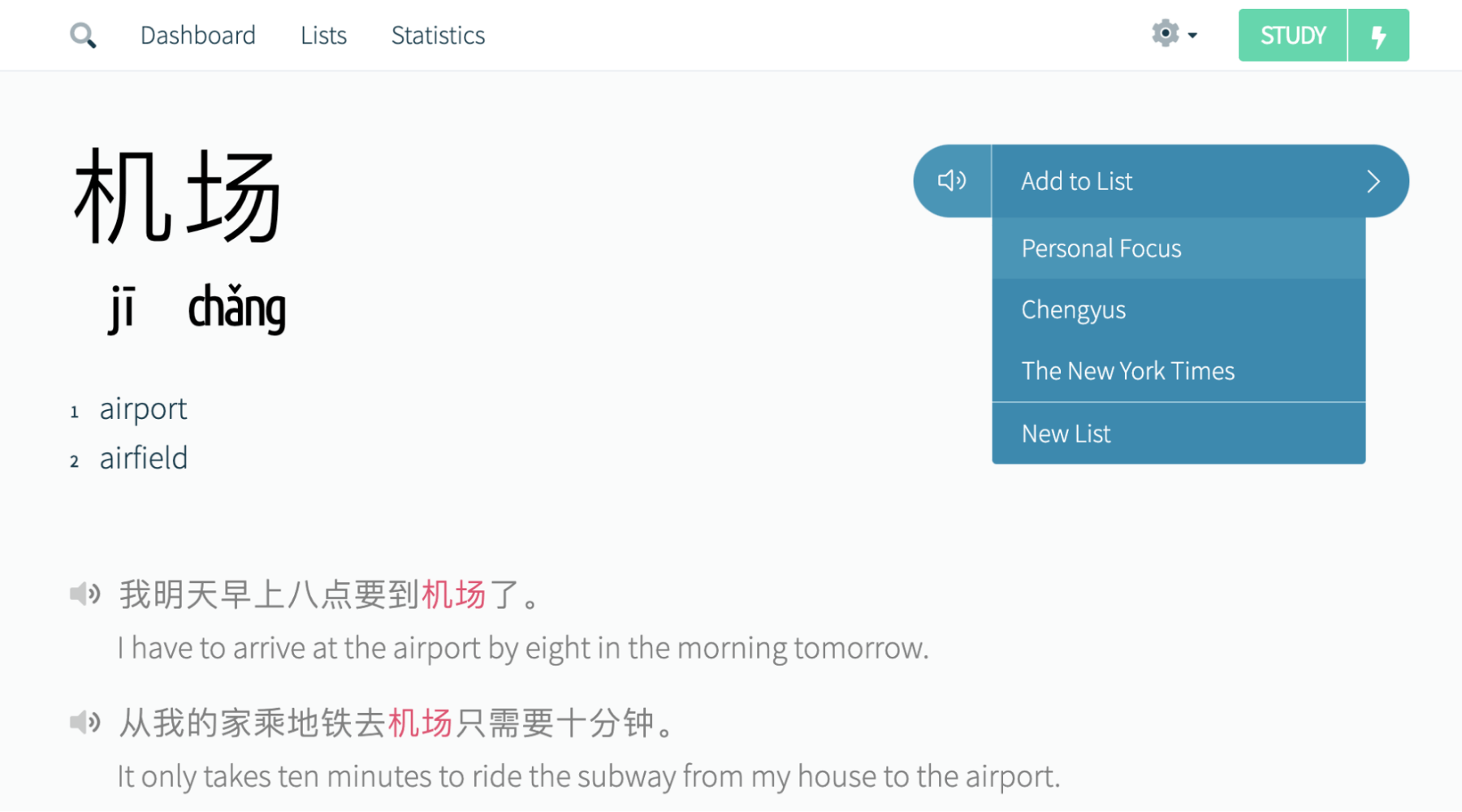If you’re planning to be an English teacher in China and you don’t yet speak any Chinese, this article is for you. We’re going to list the top 50 most essential common Chinese words you absolutely must know if you want to avoid unpleasant situations, and then give you a framework for how to learn them quickly so you can use them when you arrive.
Table of Contents
50 Essential Chinese Words
Words to Help You Get There
airport, 机场 (jīchǎng)
airplane, 飞机 (fēijī)
subway, 地铁 (dìtiě)
subway stop, 地铁站 (dìtiě zhàn)
taxi, 出租车 (chūzū chē)
bus, 公共汽车 (gōnggòng qìchē)
bus route, 巴士路线 (bāshì lùxiàn)
subway line, 地铁线 (dìtiě xiàn)
tour guide, 导游 (dǎoyóu)
luggage, 行李 (xínglǐ)
high-speed rail, 高速火车 (gāosù huǒchē)

Words for When You Arrive
hotel, 酒店 (jiǔdiàn)
cash, 现金 (xiànjīn)
credit card, 信用卡 (xìnyòngkǎ)
elevator, 电梯 (diàntī)
supermarket, 超市场 (chāo shìchǎng)
bank, 银行 (yínháng)
gym, 健身房 (jiànshēnfáng)
cinema, 电影院 (diànyǐngyuàn)

Words You Can Use Everywhere
bathroom, 卫生间 (wèishēngjiān)
WeChat, 微信 (wēixìn)
Alipay, 支付宝 (zhīfùbǎo)
hello, 你好 (nǐ hǎo)
thank you, 谢谢 (xièxiè)
sorry, 对不起 (duìbùqǐ)
my name is, 我叫。。。 (wǒ jiào…)
I don’t understand, 我不懂 (Wǒ bù dǒng)

Words Related to Eating and Drinking
beer, 啤酒 (píjiǔ)
water, 水 (shuǐ)
coffee, 咖啡 (kāfēi)
milk, 牛奶 (niúnǎi)
Sugar, 糖 (táng)
Salt, 盐 (yán)
Spoon, 勺子 (sháozi)
fork, 叉子 (cházi)
knife, 刀 (dāo)
chopsticks, 筷子 (kuàizi)
tea, 茶 (chá)
restaurant, 餐馆 (cānguǎn)
hungry, 饿 (è)
thirsty, 渴 (kě)
breakfast, 早餐 (zǎocān)
lunch, 午餐 (wǔcān)
dinner, 晚餐 (wǎncān)
pizza, 比萨 (bǐsà)

Words to Use at Work
teacher, 老师 (lǎoshī)
student, 学生 (xuéshēng)
homework, 作业 (zuòyè)
Chinese, 中文 (zhōngwén)
English, 英文 (yīngwén)

Want Free Translation Tools for Travel?
Check out our article: 5 Best Free Translation Tools You Can Use Right Now [Free Download]
The Fastest Way to Learn These Words
Learning to speak Chinese is a large task that can take years (or a lifetime). If you’re considering the plunge (or just want to learn more), check out the best techniques to learn Chinese words.
If you just want to learn the above 50 common Chinese words so you can get your point across in an emergency situation, keep reading below.
For fast, atomic learning of lists of Chinese vocabulary, you need spaced repetition.
What’s Spaced Repitition?
Spaced repetition is a foreign language vocabulary learning methodology that drills you on what you remember, and then automatically constructs a time-efficient review schedule for you based on your performance.
Spaced repetition helps you practice exactly what you need to practice, without you having to manage anything.
Using this method is the optimal way to spend your study time if you want to learn as many words as possible, as quickly as possible.
First, you need to add words to your study plan. Let’s show how it works using Hack Chinese for an example.
Step 1: Click the magnifying glass (in the top left corner) to search the dictionary:

Step 2: Type the word you are looking for and select from the search results.

Step 3: Click ‘Add to List’ and choose a list (or create your own):

That’s it! The next time you study, you’ll be introduced to these new words, and then spaced repetition will ensure you remember everything you learn. Words you have trouble with will appear in your daily review sessions until you remember them easily.
Words you have no difficulty remembering will show up less and less – freeing you up to learn the rest of the words on your list, all while confidently knowing that you’re not forgetting anything.
Tip: Try to study every single day, even if it is just for a few minutes. Spaced repetition is designed to optimize your time between reviewing things you’re likely about to forget, and learning new things. This assumes that you will be studying almost every day, even if it’s just for a couple minutes. The danger of skipping too many days in a row is that you’ll completely forget something you learned — meaning you’ll have to learn it again from the beginning.
Learning These 50 Words—Well Worth the Effort
If you are working in China as a teacher, you won’t necessarily be expected to know any Chinese. But knowing these 50 words will help you communicate the absolute basics with Chinese people. Language is all about communication, and saying ‘bathroom’ in someone’s native language will undoubtedly get the point across, and probably solve your pressing problem, even if you haven’t really “learned to speak Chinese” (yet).
Here’s one more tip: before you leave, you should familiarize yourself with these must-have apps when going to China. Your trusted favorites like Google Maps, Instagram, and Facebook will not work in China, so knowing what will work will put you ahead of the game.
Author: Daniel Nalesnik, Founder of Hack Chinese
Daniel moved to China in 2009 for a year of full-time Mandarin immersion at Peking University (in Beijing) and Fudan University (in Shanghai). In the years since he has worked with teachers throughout China to discover what learning methods are most impactful for Mandarin Chinese learners. This experience inspired Daniel to found Hack Chinese, a spaced-repetition platform for learning Mandarin Chinese.
Get free translation tips straight to your inbox!
- Get tips on how to translate your website, marketing materials!
- Get actionable advice to help you succeed with international business.
- Be the first to access free language and management tools.



